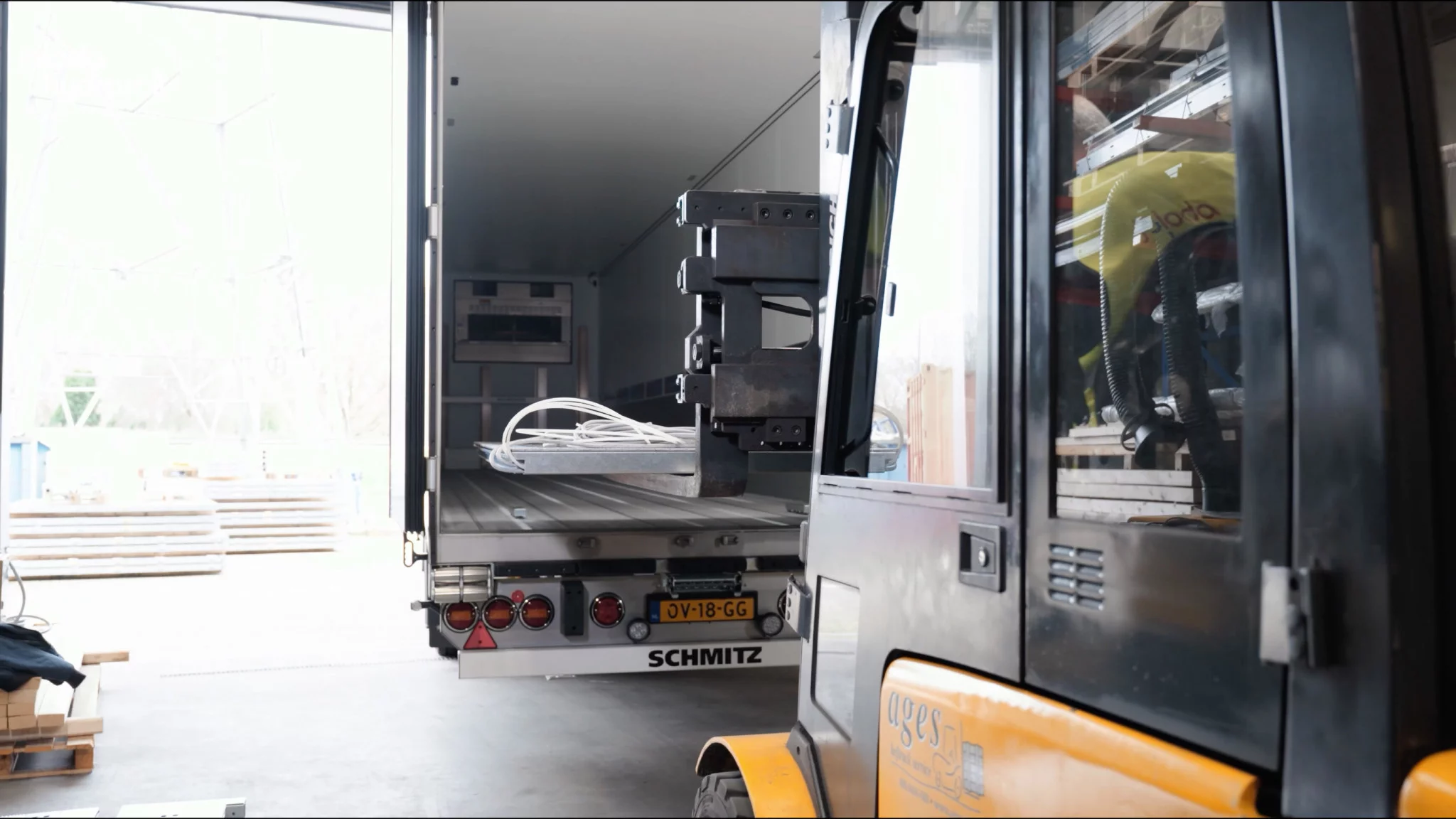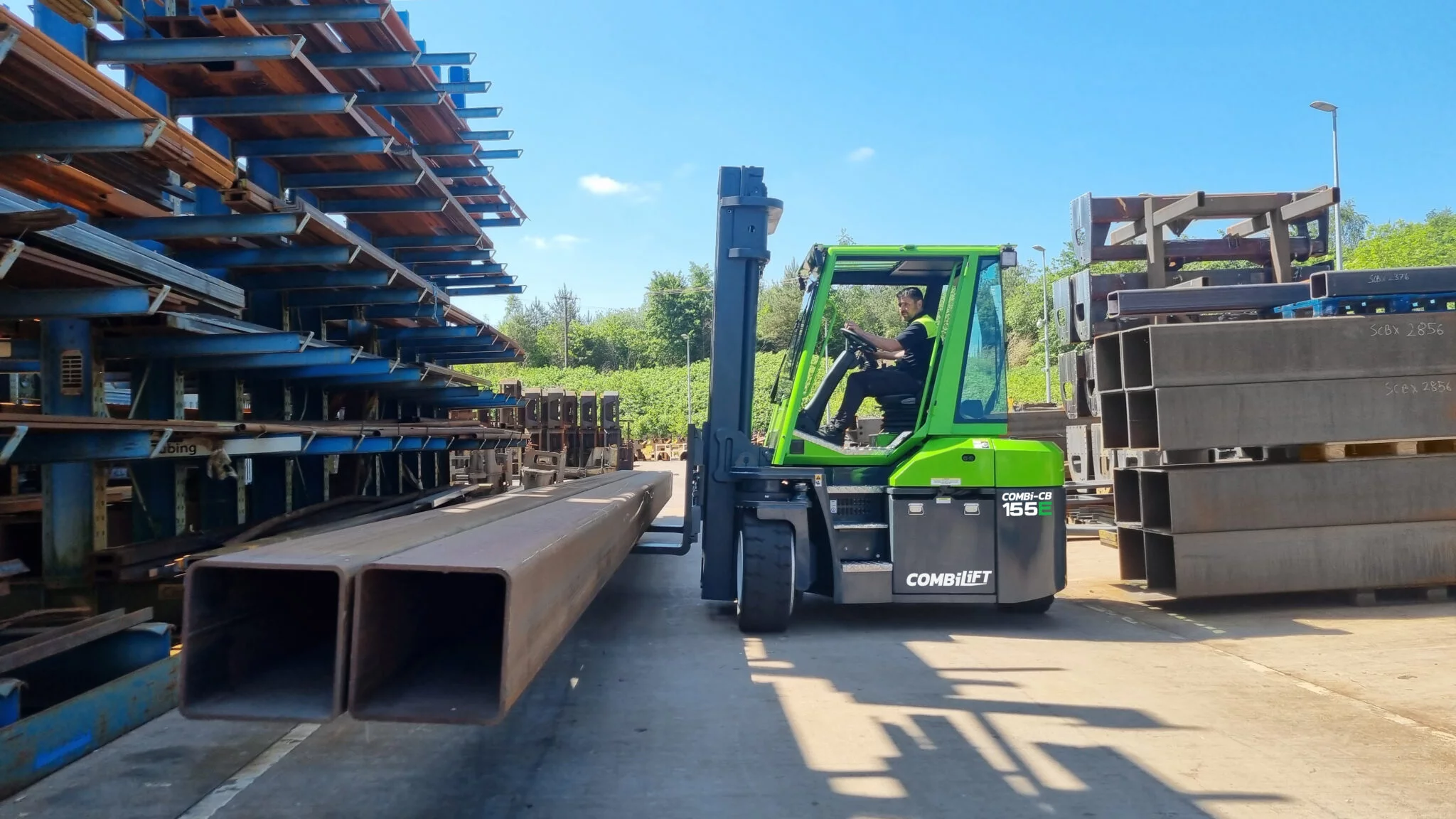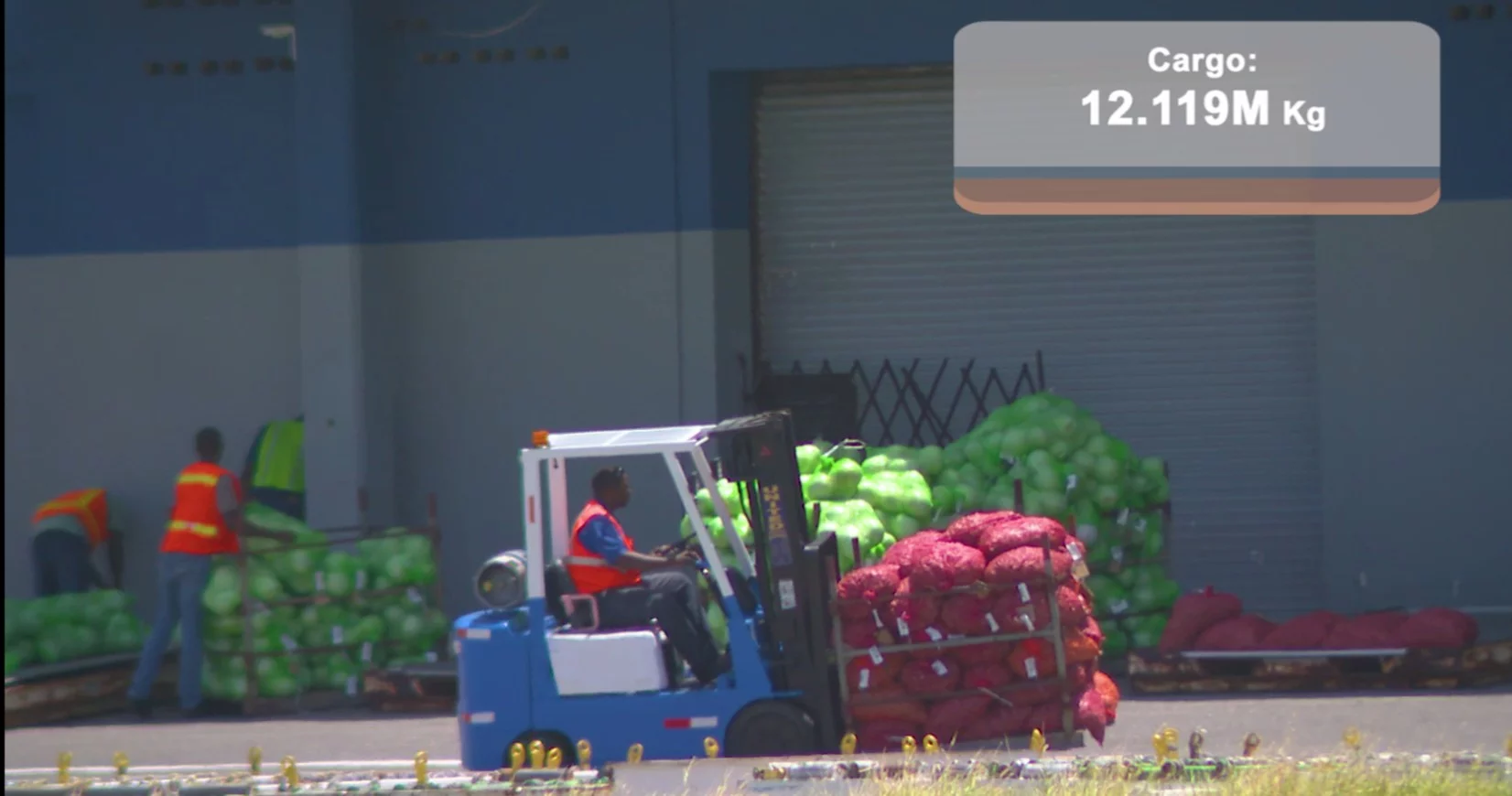Electric vehicle charging infrastructure and easing highways laws could help logistics providers to innovate and decarbonise their operations, write Tim Jones, director of marketing, communications and sustainability at DPD, and Ben Standing, partner in planning and environment at UK and Ireland law firm Browne Jacobson.
The UK’s logistics industry stands at the heart of the nation’s net zero ambitions, moving everything from manufacturing components to finished goods across complex supply chains that underpin the economy. As the government pursues its 2050 net zero targets, the role of logistics has never been more critical.
However, the environmental gains achieved in production risk being undermined if the carbon footprint is simply transferred to the delivery process – known as Scope 3 emissions, which are embedded in supply chains and account for the vast majority of a company’s carbon footprint. This interconnectedness means logistics companies are not merely participants in the green transition, but enablers of broader economic decarbonisation across multiple industries.
Management consultancy McKinsey & Company estimates the global logistics industry accounts for about 7% of the world’s greenhouse gas emissions, with 80% of these emissions related to transportation. While there are already some exciting advances in the green logistics revolution, a number of practical, legal and regulatory hurdles remain.
Innovation driving change
A successful sustainability transition requires more than simply swapping diesel vehicles for electric alternatives. Innovation must address practical challenges including payload considerations, driver route optimisation, vehicle range limitations, and the development of both on-site and public charging infrastructure.

As part of its commitment to net zero by 2040, DPD has developed smart charging systems that allow drivers to book charging slots and join virtual queues, reducing anxiety about charger availability. It is also trialling fully-electric, autonomous robot deliveries in Milton Keynes, navigating the city’s traffic-free Redway network to access nearby residential neighbourhoods.
Practical and legal hurdles slowing progress
Despite technological advances, significant practical obstacles remain. Effective government support for a green transition within the logistics industry is therefore required via co-ordinated action across multiple policy areas. There are now about 80,000 charging points in the UK, but there is some way to go for the Department for Transport to meet its target of at least 300,000 points by 2030. A Public Accounts Committee report published in March 2025 found the government has been slow to address gaps in charge point provision, with regional divides and inequalities across the rollout.
The legal landscape surrounding emerging logistics technologies presents a complex web of regulatory requirements that are still evolving. The deployment of autonomous delivery robots on public highways raises novel legal questions about liability, insurance requirements, safety standards, and the interaction between automated systems and existing traffic regulations.

Current legislation was not designed to accommodate delivery robots, drones and other autonomous systems operating in shared public spaces. This creates uncertainty for logistics companies seeking to invest in these technologies while ensuring compliance with existing laws and regulations. Establishing regulatory sandboxes would allow for safe testing and deployment of innovative technologies.
Insurance and liability frameworks require careful consideration when deploying new technologies. Questions arise about responsibility in the event of accidents involving autonomous systems, the adequacy of existing insurance products and the development of new risk assessment methodologies for novel technologies.
Collaborative pathways forward
McKinsey estimates worldwide demand for green logistics will reach £350bn by 2030, comprising 15% of total global logistics spend. This shows the prize for success is substantial: a logistics industry that not only reduces its own environmental impact, but enables broader economic decarbonisation while maintaining the efficient goods movement that underpins modern life.
The green logistics transformation, however, requires collaboration between industry, government and other stakeholders to untangle the various practical and legal challenges.
similar news
















